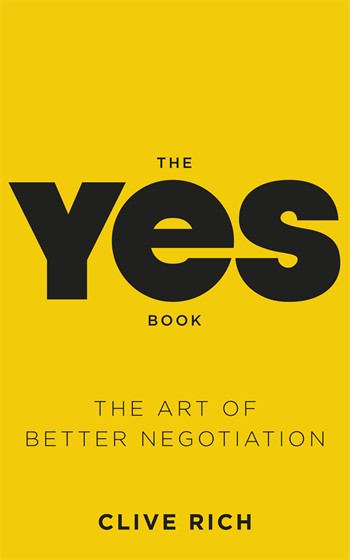 The visit last week by David Cameron to Russia signals a desire to re-set the climate in negotiations between Russia and the UK.
The visit last week by David Cameron to Russia signals a desire to re-set the climate in negotiations between Russia and the UK.
The climate has been hostile ever since the murder of Alexander Litvenenko in London by a suspected Russian agent, Andre Lugovoi, in 2006. In fact even before that, back in 2003, things took a bad turn when Britain gave sanctuary to oligarch Boris Berezovsky, an arch Putin opponent.
The murder of Litvinov and how to deal with it has created a relationship conflict fuelled by strong emotions on both side. As has been the case here, these kinds of conflicts are often characterised by stereotyping on both sides and negative behaviour with mutual accusations and recriminations. Overlaying this “relationship” conflict is a ‘values” conflict. This kind of conflict arises where parties have different ideas for evaluating ideas or behaviour, or different ideologies or culture. The murder of Litvonov has created exactly this kind of values conflict. Whilst eliminating your opponents is certainly illegal in Russia, there is a long history of politically inspired violence which probably makes the UK Government’s horrified and indignant reaction to Litvonov’s death seem rather over the top To Mr. Putin and his regime. Especially given that they will feel that Britain taking in Boris Berezovsky was a hostile act.
Against this backdrop the visit by Cameron signifies a desire to re-set the climate. Climate is very important in negotiations – it’s one of the first stages, and it influences everybody’s state of mind and behaviour. If the climate is wrong the negotiation cannot be successful. It’s impossible to go from a “hostile” climate, which the UK and Russia have set, straight to a “warm” and open climate. However a smaller shift to a “cool” climate, which is very objective and process driven, is perfectly possible. Indeed treaty negotiations are often conducted in a “cool” and formal atmosphere. “Cool” would represent a considerable step forward in the climate of Anglo-Russian relations.
If the climate is re-set then progress can start to be made, but how can the conflicts be resolved?
Value conflicts can be resolved by finding values that the parties have in common which supercede those which separate them. In this case trade would seem to fill that gap nicely – hence the ceremonial signature of deals worth £215 million pounds. Both sides can agree that commerce is a more important principle overall than justice in relation to one case.
Relationship conflicts can be solved either through intermediaries (which is how mediation works) or through controlled proximity – sometimes parties find that face to face they are unable to maintain the same hostility as when they operate separately and are allowed to escape seeing the direct consequences of their behaviour on the other side. This will have been another good reason why it was good for the UK and Russia to spend some time together.
So, with the climate re-set and a desire from both parties to address the underlying causes of the conflict, there is every chance UK/Russian relations will start to move forward…

